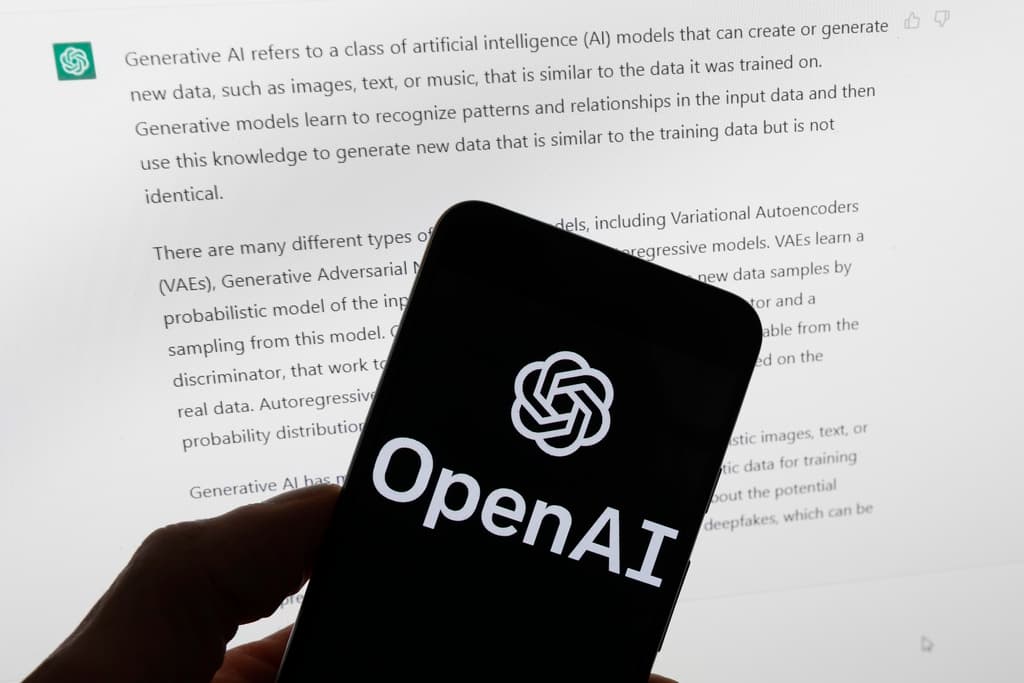National Archives Suggests Artificial Intelligence Could Erase ‘Inherent Bias’ From Nation’s Historical Records
An official with the National Archives said that her organization wants to ‘recognize and mitigate’ in America’s historical documents.

As the artificial intelligence race picks up across the world, one government entity wants to use that processing power to remove or rewrite certain aspects of American history in order to delete what officials say is “bias” in the material.
Please check your email.
A verification code has been sent to
Didn't get a code? Click to resend.
To continue reading, please select:
Enter your email to read for FREE
Get 1 FREE article
Join the Sun for a PENNY A DAY
$0.01/day for 60 days
Cancel anytime
100% ad free experience
Unlimited article and commenting access
Full annual dues ($120) billed after 60 days

